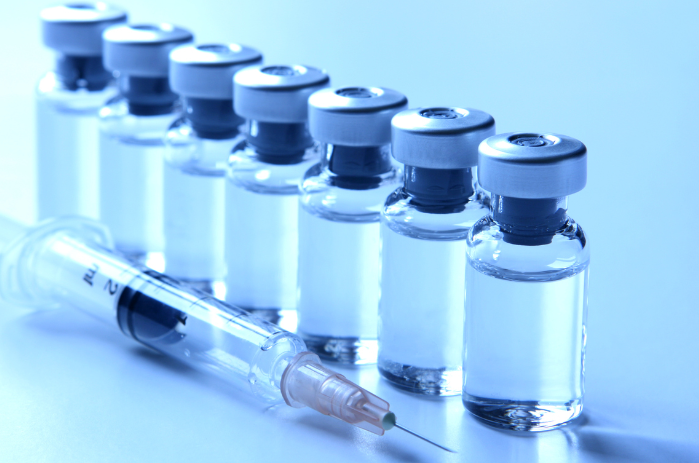
RSV Vaccines for Babies and Adults to Hit the Market Soon, CDC Shares Insights on Efficacy and Availability
Recently, a federal advisory committee convened to discuss the issue of respiratory syncytial virus (RSV), a highly infectious virus that affects nearly everyone by age 2 and is a major cause of hospitalizations among newborns and young children. In fact, RSV causes more than 177,000 hospitalizations and 14,000 deaths among older adults every year.
During the committee’s meeting, several promising vaccines and treatments for RSV were discussed, including two vaccines for older adults and pregnant people, as well as a monoclonal antibody for babies and toddlers. One of the most exciting developments in this field is the Sanofi-AstraZeneca monoclonal antibody, nirsevimab, which has been shown to help prevent RSV lower respiratory tract disease in newborns and infants. The FDA accepted nirsevimab for review in January, and if approved, it would be available for all infants up to 24 months of age, regardless of whether they were born to term or preterm.
Despite its potential benefits, the CDC panel expressed concerns about the cost of nirsevimab and whether it should be classified as a vaccine. There is also ongoing debate about the efficacy of RSV vaccines for older adults, which have been developed by GlaxoSmithKline and Pfizer, as well as Pfizer’s RSVpreF vaccine candidate for pregnant people. All of these products are currently under review by the FDA, and it is hoped that they will soon be made available to those who are most vulnerable to the effects of RSV.
In conclusion, the discussion held by the federal advisory committee serves as an important reminder of the ongoing threat posed by RSV, as well as the need for continued research and development of effective vaccines and treatments. While there is still much to be done in this field, the promising developments discussed at the meeting offer hope for a brighter future in the fight against RSV.




Average Rating